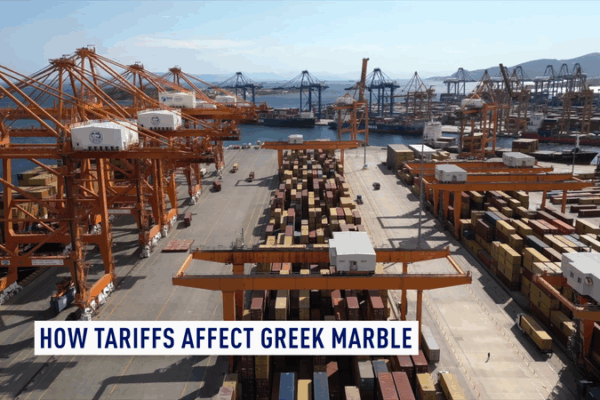
Trade War Threatens Ancient Greek Marble Industry
Proposed U.S. tariffs on EU goods are squeezing Greece’s centuries-old marble industry, risking jobs and communities across northern Greece.
My Global News: Voices of a New Era
🌍 Stay Ahead, Stay Global 🚀

Proposed U.S. tariffs on EU goods are squeezing Greece’s centuries-old marble industry, risking jobs and communities across northern Greece.
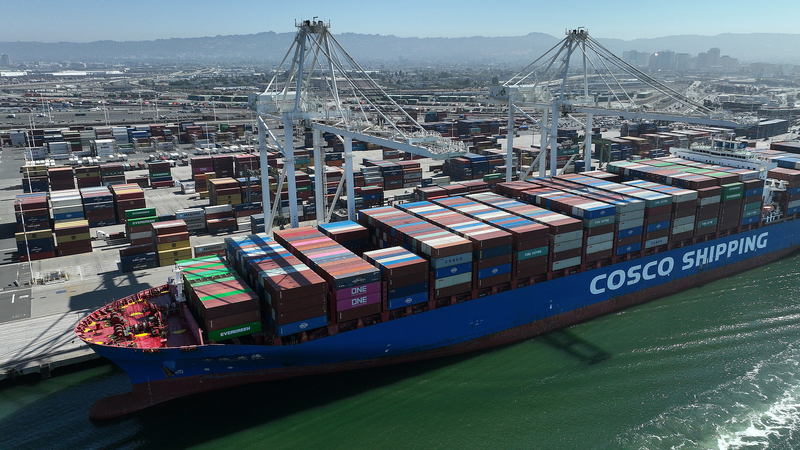
In Geneva, the Chinese mainland and the United States agreed to roll back most tariffs, suspending duties to restore trade and build a long-term economic dialogue.
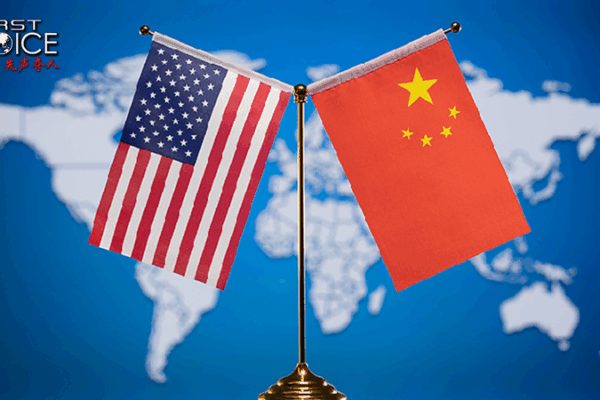
China and the U.S. agree on a 90-day tariff pause in Geneva, offering fresh hope for trade talks and easing global growth concerns.
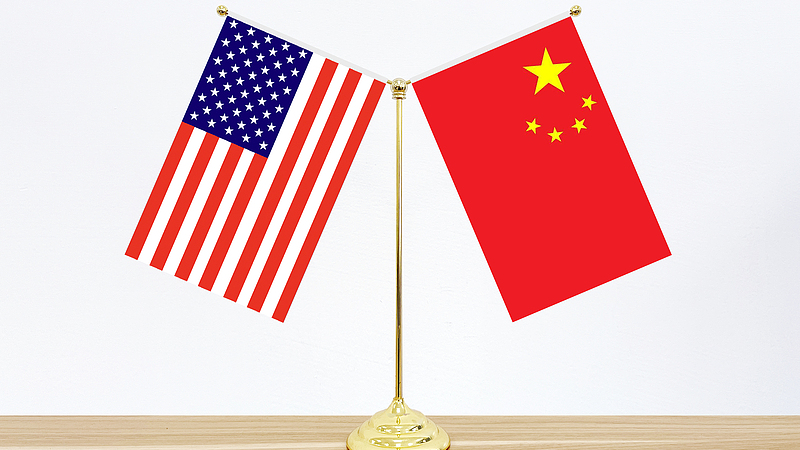
China and the U.S. unveil tariff adjustments after high-level talks, aiming for a sustainable, mutually beneficial trade relationship to ease global economic tensions.
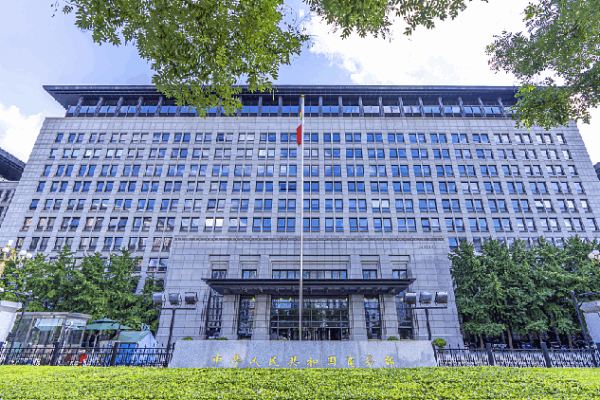
China and the United States issued a joint statement after their economic meeting, marking a key step toward resolving trade differences through dialogue and cooperation.

After a two-day high-level meeting in Geneva, the U.S. and the Chinese mainland agreed to pause key tariffs for 90 days, marking a fresh move toward easing trade tensions.

In Geneva, the US and China agreed to suspend 24-point tariffs on goods from each side for 90 days and launch a new trade dialogue by May 2025.
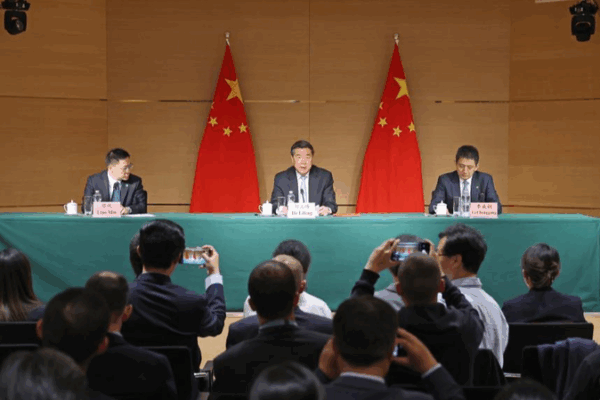
Geneva talks on May 10–11 signal a pragmatic, professional shift in China–U.S. economic ties and launch a new consultation mechanism with global impact.
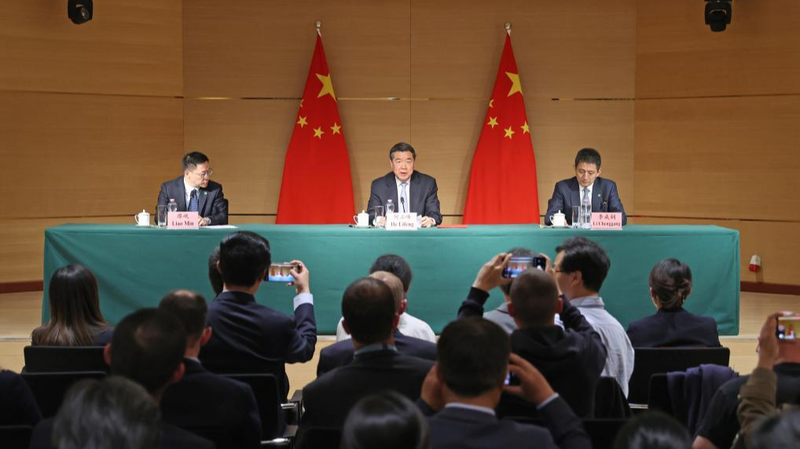
China and the U.S. wrap up their first post-tariff high-level talks in Geneva, agreeing to a new trade consultation mechanism to keep dialogue alive.
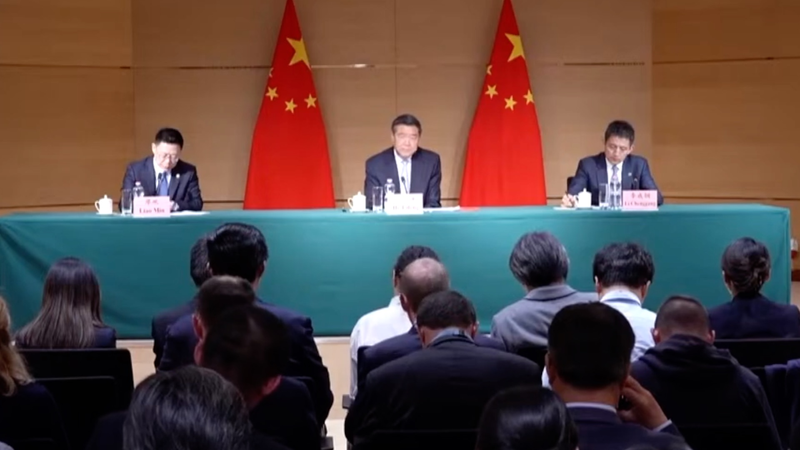
After high-level US-China trade talks in Geneva, the Chinese delegation highlighted cooperation on open markets, green innovation, and supply chain resilience.